KfW supports many projects around the world as part of its ‘Financial Cooperation’ programme. What is behind it?
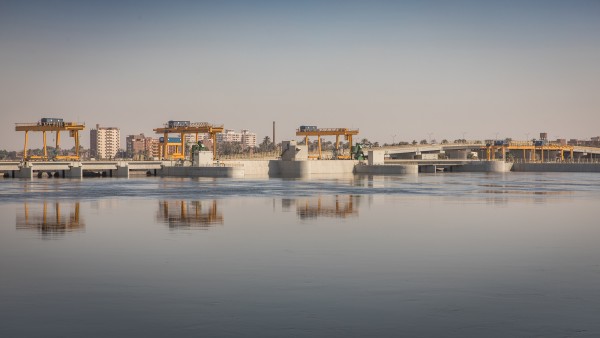
The Asyut dam in Egypt secures the water supply for scarce agricultural land.
The ‘Financial Cooperation’ that KfW promotes in the service of the Federal Republic of Germany is much more than just ‘development aid’, as it used to be called. It is an important building block in Germany's geostrategic positioning. Here you will find the answers to the most important questions.
Be honest: do we need financial development cooperation at all? What do we get out of it?
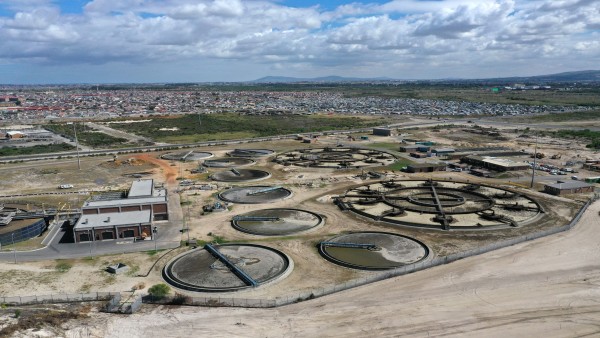
As part of the European Clean Oceans Initiative, KfW Entwicklungsbank financed the modernisation of wastewater treatment plants in Cape Town.
Financial cooperation with developing and emerging countries, but also with so-called fragile states, is indispensable. Because our world is changing. We are moving into a world of geostrategic fault lines and conflicts. This jeopardises the foundations of German security and prosperity. That is why we are dependent on cooperation. Our development work flanks the diplomatic endeavours of German - and European - foreign and security policy. By supporting projects in emerging nations, we deepen our economic relations with these countries and build lasting partnerships. On the one hand, our funding is therefore a geostrategic investment in global partnerships and sustainable development; on the other, it fulfils our humanitarian responsibility.
Why do we transfer money to such countries?
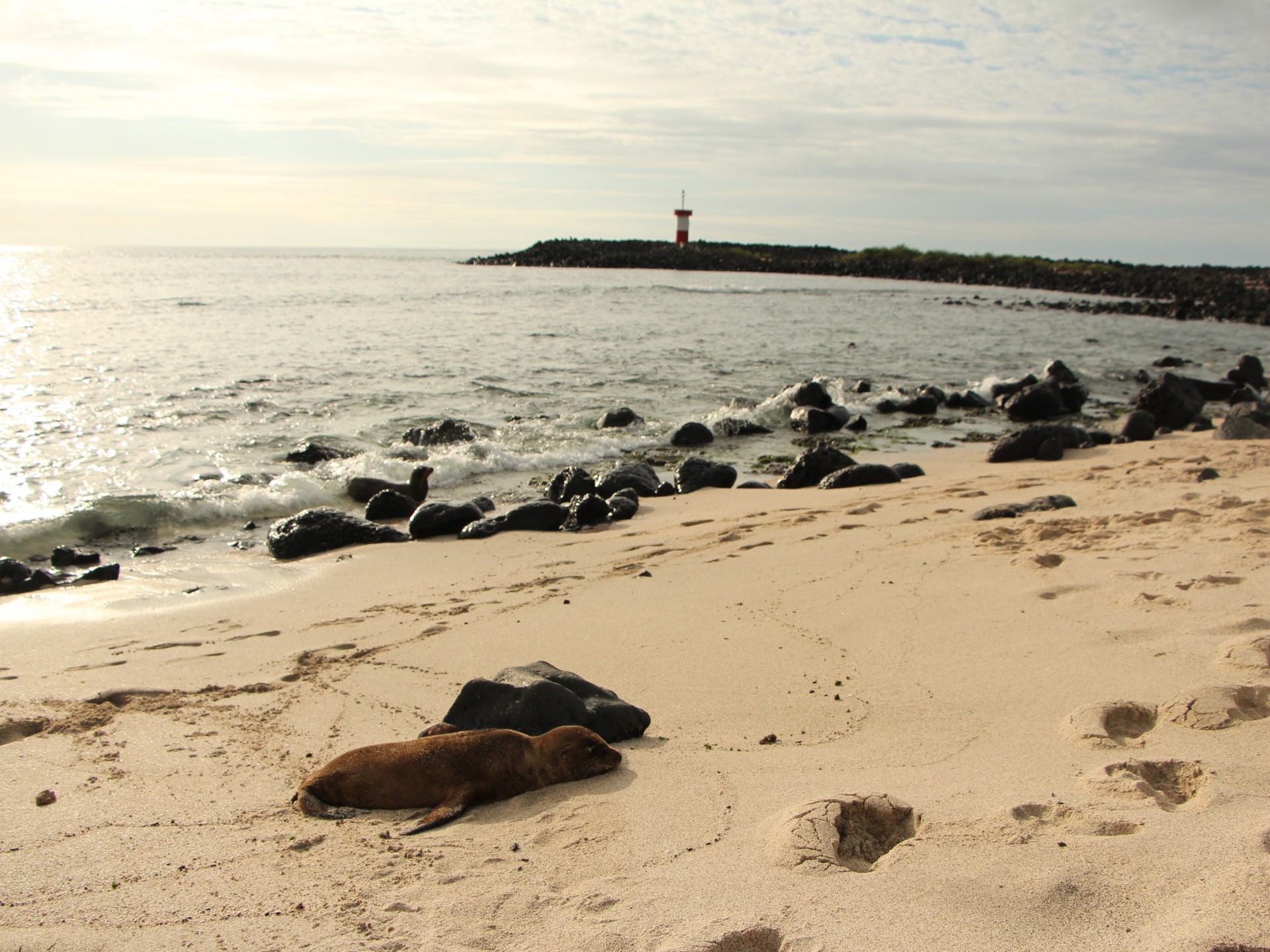
KfW Development Bank financed the construction of a hybrid power plant on the Galapagos archipelago of Isabela.
It is important to note that these funding amounts are not an end in themselves. Rather, the aim is to finance projects that promote the development of societies and companies. When we support wind turbines in South America, for example, this helps to improve the quality of life of local people. At the same time, these funds are used to support the fight against global climate change.
If we - together with UNICEF - give mothers with children in Sudan access to a functioning healthcare system and stabilise the supply of food, this creates individual prospects for the future locally. But it also helps to make the country a more liveable place and thus prevent conflicts. These are just two of countless examples. Incidentally, we naturally take a close look at whether our funding is successful in the long term. And in over 80 per cent of the projects, the results are very pleasing.
139,000 jobs
KfW is actually committed to German companies. Does development cooperation also benefit them?
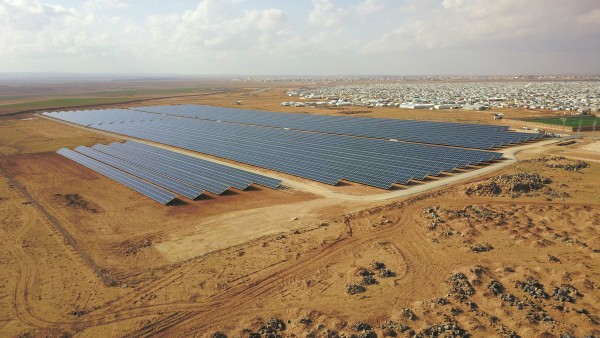
A solar power plant the size of 33 football pitches supplies a refugee camp in the Jordanian desert with electricity.
In fact, there are several factors from which German companies benefit. Such projects usually lead to an increase in income for the local population. This leads to an increase in demand, which is also met by imports from Germany. Our companies also benefit from the fact that it manages projects and supplies components. And finally, long-term political partnerships also favour economic exchange and a positive image for ‘Made in Germany’. These effects are measurable: every euro spent on development cooperation increases German exports of goods by 36 cents.
KfW Development Bank
Because development secures the future - Why development cooperation is so important and how KfW gets involved.
Read moreThat's around 8 billion euros per year, which secures almost 89,000 jobs in manufacturing companies. In addition, there are an estimated 50,000 jobs in the service sector. This is the result of a recent study by the University of Göttingen. It is therefore worthwhile working with our partners to create a world in which economic success and ecological and social responsibility are not mutually exclusive. Only through international co-operation can we master the great challenges of our time.
Published on KfW Stories on 15 May 2025.

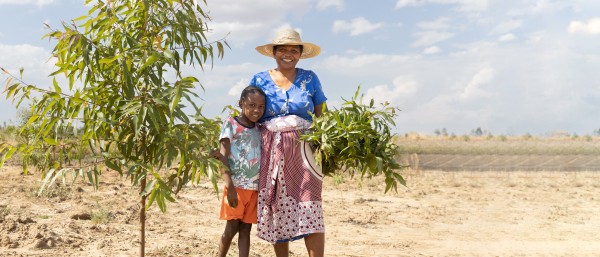
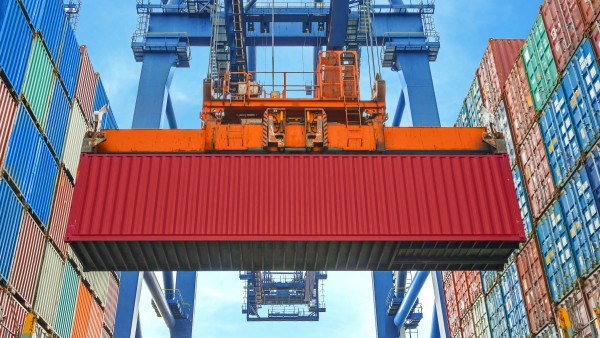
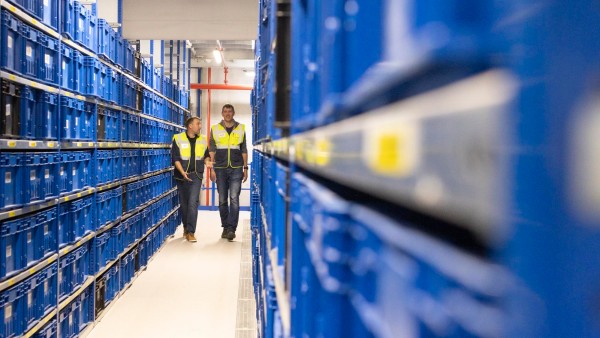
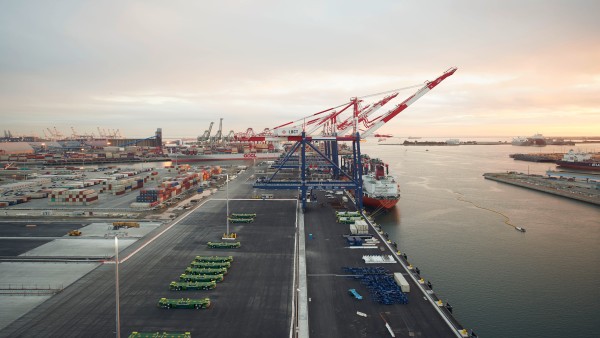
Data protection principles
If you click on one of the following icons, your data will be sent to the corresponding social network.
Privacy information